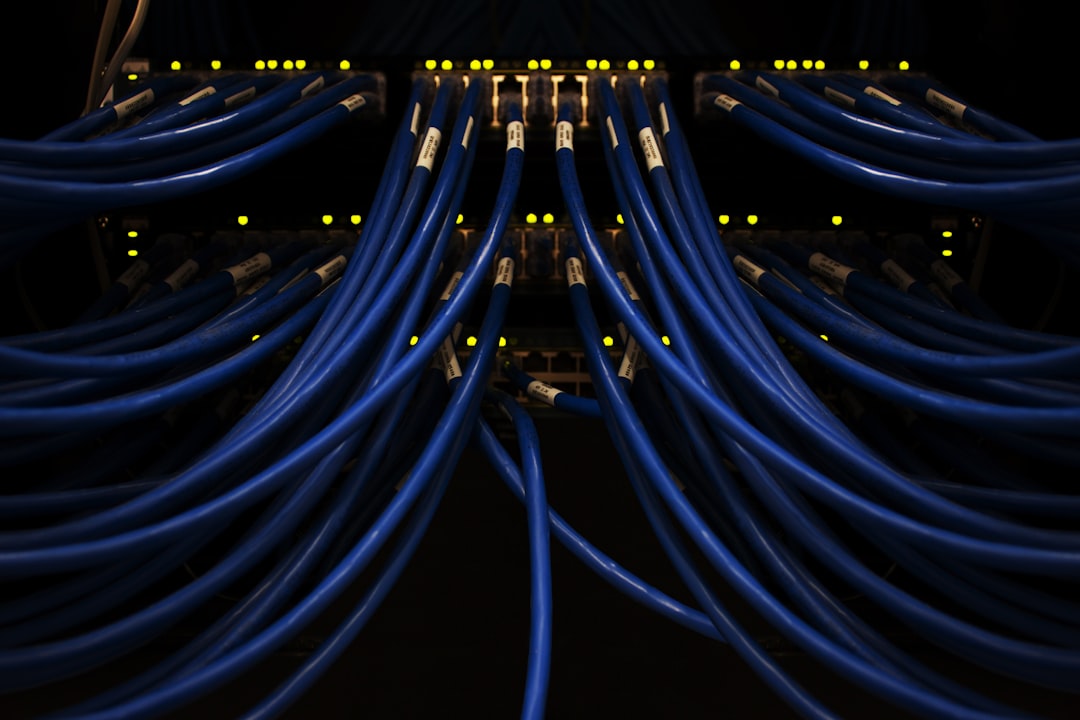Which laptop brands offer the best support for Linux
When it comes to laptop brands offering the best support for Linux, several manufacturers stand out for their compatibility, dedicated Linux offerings, and community support.
Brands with Excellent Linux Support
1. System76
-
Key Features: System76 is renowned for its Linux-first approach, offering laptops pre-installed with their own Pop!_OS distribution or Ubuntu. Their models, such as the Lemur Pro and Oryx Pro, are designed specifically for Linux, ensuring seamless compatibility and performance. System76 also uses coreboot, an open-source firmware alternative to proprietary BIOS implementations, enhancing security and user control.
-
Pros: Excellent Linux compatibility, open-source firmware, and strong community support.
2. Lenovo
-
Key Features: Lenovo, particularly their ThinkPad line, is highly regarded in the Linux community for its reliability and compatibility. Models like the ThinkPad X1 Carbon and T14s are Ubuntu-certified, making them easy to install and run Linux on.
-
Pros: Wide range of models, excellent …















